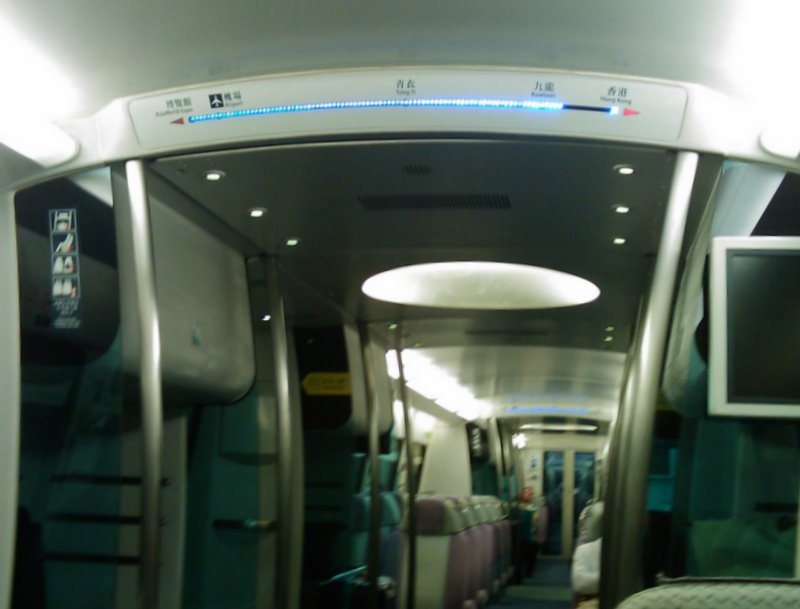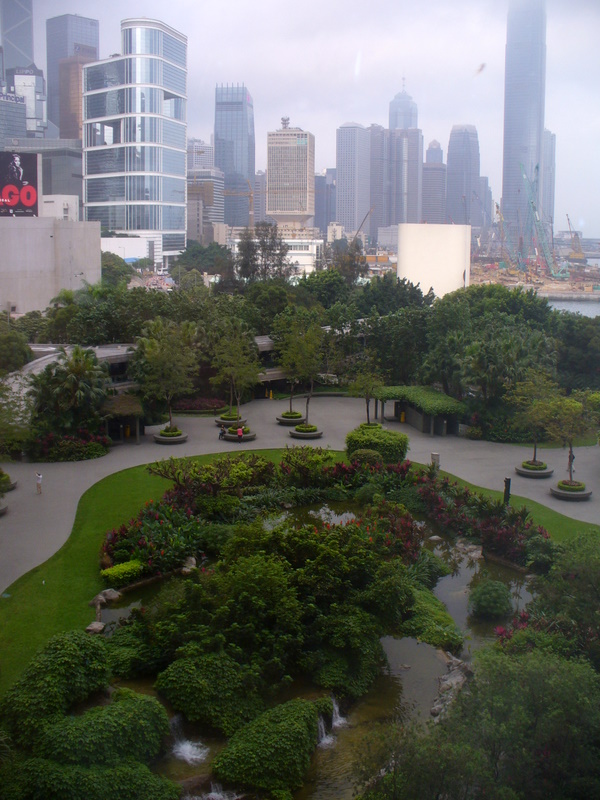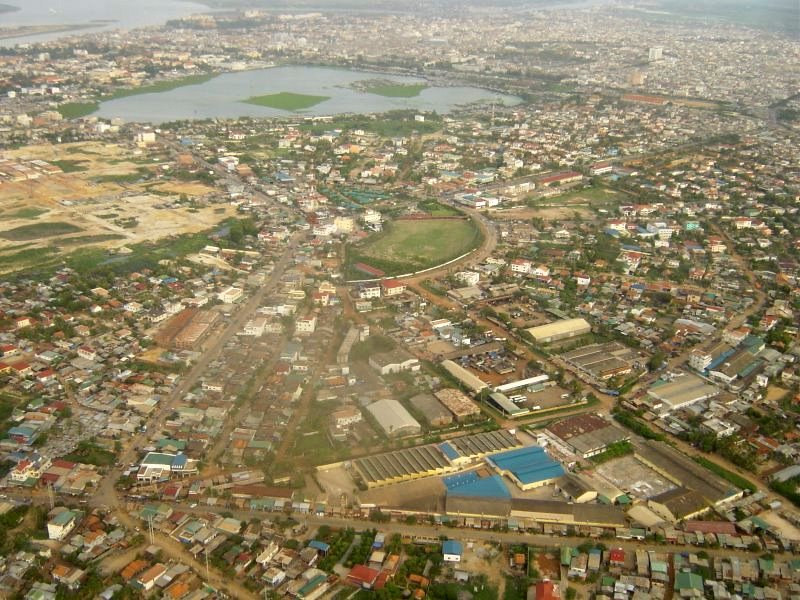Because of the Khmer New Year holidays 14 to 16 April 2010, life during this whole week was different; actually, already since Friday, 9 April 2010, music and the voices of people playing special New Year games, and of groups of friends going out together, indicated that the festive season had already begun.
This affected also publications, and some offices (also the Open Institute) – were closed for a week. Our regular publications will therefore start only on Monday, 19 April 2010. But we supplied our readers with some information also during this week.
From Monday to Wednesday, this did work – with some special reporting. Then, because of my travel back to Cambodia, and the weekend on arrival, the next jump is again to this Sunday’s editorial reflection. And tomorrow the normal sequence of daily translations from the Khmer press will start again.
The Mirror, Vol. 14, No. 660
Returning from Hong Kong after a week to Cambodia leaves still many questions open – and they will remain open because of the fascination to see things working well in Hong Kong which contradict what is practiced in Cambodia. There will be not much of an effort to explain things, just to put them next to each other. Of course there are easy explanations – but they do not explain everything.
The surprise started immediately after my arrival at Hong Kong airport: In the train to town – for the price of about US$13 for the high speed ride of half an hour to the center of town – there was a sign in the train: “Free wireless Internet access.” Opening the laptop, there was immediately free high speed broadband connection to the Internet.
At the International Airport of Phnom Penh, Internet access is only available for a fee. “One has to recover the costs!” And the costs for Internet connection in Cambodia, in general, are higher than in most neighboring countries. Cost recovery for this public Internet service is obviously organized differently in Hong Kong: it is a service to society.
This affects only the small number of the whole population. So, one may say, it is not so important. Really? Not to forget that communication costs affect the whole society: every individual user, but also the national and the international business community.
One more question cannot be avoided when one sees the density of land use in Hong Kong: among all the high rise buildings, there is obviously also a strong sense of preserving open spaces to improve the general quality of life. There are, all over Hong Kong Island and the Kowloon area on the continental side and along the shores, ample Waterfront Promenades, Parks – including the wide Kowloon Park – Play Grounds, Recreation Grounds, Gardens, Athletic Fields, Sitting-Out Areas, and Sports Grounds, in addition to the forest covered areas of the mountains.
What about Phnom Penh? What is being done to care for the quality of life when planning the future of Phnom Penh? We remember that there were reports in the Khmer press – in The Mirror of 18 January 2008 – that the President of the National Assembly, Samdech Heng Samrin, had signed a letter asking for the suspension of the pumping of soil to fill in the Boeng Kak Lake. Who else among the political leadership has taken a similar stand, to preserve an important piece of nature in the City of Phnom Penh, securing this piece of nature, contributing to the quality of life for the citizens and future generations? This is not just a rhetorical question; we would appreciate to receive information if we missed it, that also others supported the initiative of Samdech Heng Samrin.
If there is a place where there is not much space to build on, it is Hong Kong. But instead of building on almost every open space as it happened in Phnom Penh: around the Olympic Stadium, near the Railway station where now the Canadia Bank tower stands, at the former University of Fine Arts – the city planners of Hong Kong left a lot of spaces open, not using them for short term economic gain.
Some time in the future, the citizens of Phnom Penh will ask: who took the decision, and who did not oppose it, to destroy the Boeng Kak lake, a treasure many other cities would be happy to have.
Have a look at the last editorial – you can access it directly from the main page of the Mirror.
And please recommend The Mirror also to your colleagues and friends.




Recent Comments